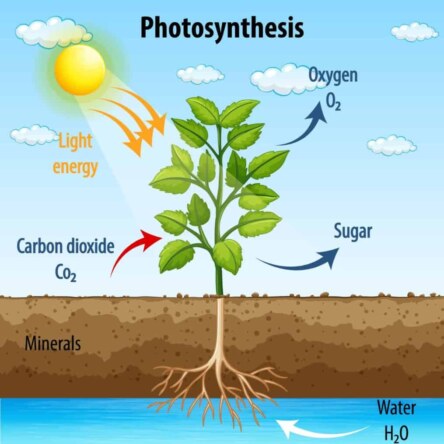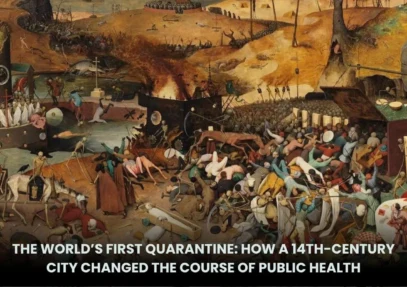What are the states of matter?
Mitosis is the process by which a single eukaryotic cell divides to produce two genetically identical daughter cells. It is essential for growth, tissue repair, and asexual reproduction. The process can be broken down into several distinct stages: 1. Interphase (Preparation phase): G1 phase (Gap 1):Read more
Mitosis is the process by which a single eukaryotic cell divides to produce two genetically identical daughter cells. It is essential for growth, tissue repair, and asexual reproduction. The process can be broken down into several distinct stages:
1. Interphase (Preparation phase):
G1 phase (Gap 1): The cell grows and carries out its normal metabolic functions. It also prepares the necessary proteins and organelles for DNA replication.
S phase (Synthesis): DNA replication occurs, resulting in two identical copies of each chromosome, now called sister chromatids.
G2 phase (Gap 2): The cell continues to grow and prepares for mitosis by synthesizing proteins and other components needed for division.
2. Prophase:
Chromosomes condense and become visible under a microscope as tightly coiled structures.
The nuclear membrane begins to break down.
The mitotic spindle (a structure made of microtubules) begins to form, extending from the centrosomes (regions in the cell that organize the microtubules).
Centrioles (in animal cells) move to opposite poles of the cell.
3. Metaphase:
The chromosomes align along the metaphase plate, an imaginary line in the middle of the cell.
The spindle fibers attach to the centromeres of the chromosomes via kinetochores, specialized protein complexes.
4. Anaphase:
The sister chromatids are pulled apart toward opposite poles of the cell. This happens when the centromere splits, and the spindle fibers shorten, separating the chromatids.
Each chromatid is now considered a separate chromosome.
5. Telophase:
Chromosomes reach the opposite poles of the cell and begin to de-condense back into chromatin.
The nuclear membrane reforms around each set of chromosomes, creating two distinct nuclei in the cell.
The spindle fibers disintegrate.
6. Cytokinesis:
Cytokinesis is the division of the cytoplasm that occurs at the end of mitosis.
In animal cells, a contractile ring of actin filaments forms and pinches the cell membrane, dividing the cell into two daughter cells.
In plant cells, a cell plate forms between the two nuclei, eventually developing into a new cell wall, dividing the cell into two.
At the end of mitosis and cytokinesis, two genetically identical daughter cells are produced, each with the same number of chromosomes as the original cell.
See less












The states of matter refer to the distinct forms that different phases of matter take on. The most commonly known states are: 1. Solid: In a solid, particles are closely packed together in a regular pattern and vibrate in place. This gives solids a fixed shape and volume. Solids have a rigid structuRead more
The states of matter refer to the distinct forms that different phases of matter take on. The most commonly known states are:
1. Solid:
In a solid, particles are closely packed together in a regular pattern and vibrate in place. This gives solids a fixed shape and volume. Solids have a rigid structure and resist changes in shape and volume.
2. Liquid:
In a liquid, particles are still closely packed but can move past one another. This allows liquids to flow and take the shape of their container while maintaining a fixed volume. Liquids have a definite volume but no fixed shape.
3. Gas:
In a gas, particles are spread out and move freely at high speeds. Gases have neither a fixed shape nor a fixed volume. They expand to fill the shape and volume of their container.
4. Plasma:
Plasma is a state of matter where the gas is ionized, meaning its particles have become charged (ions and electrons). Plasmas are found in places like stars, including the Sun, and in certain types of lighting (e.g., neon lights). Plasmas have no fixed shape or volume and are electrically conductive.
In addition to these four primary states, scientists recognize other phases of matter under extreme conditions, such as:
Bose-Einstein Condensate (BEC): A state of matter that occurs at temperatures close to absolute zero, where particles behave as a single quantum entity, essentially acting as one “super-particle.”
Fermionic Condensate: A state similar to BEC but made of fermions instead of bosons. It has similar properties but is formed under different quantum conditions.
Each of these states depends on factors like temperature and pressure, which influence how the particles in matter behave.
See less